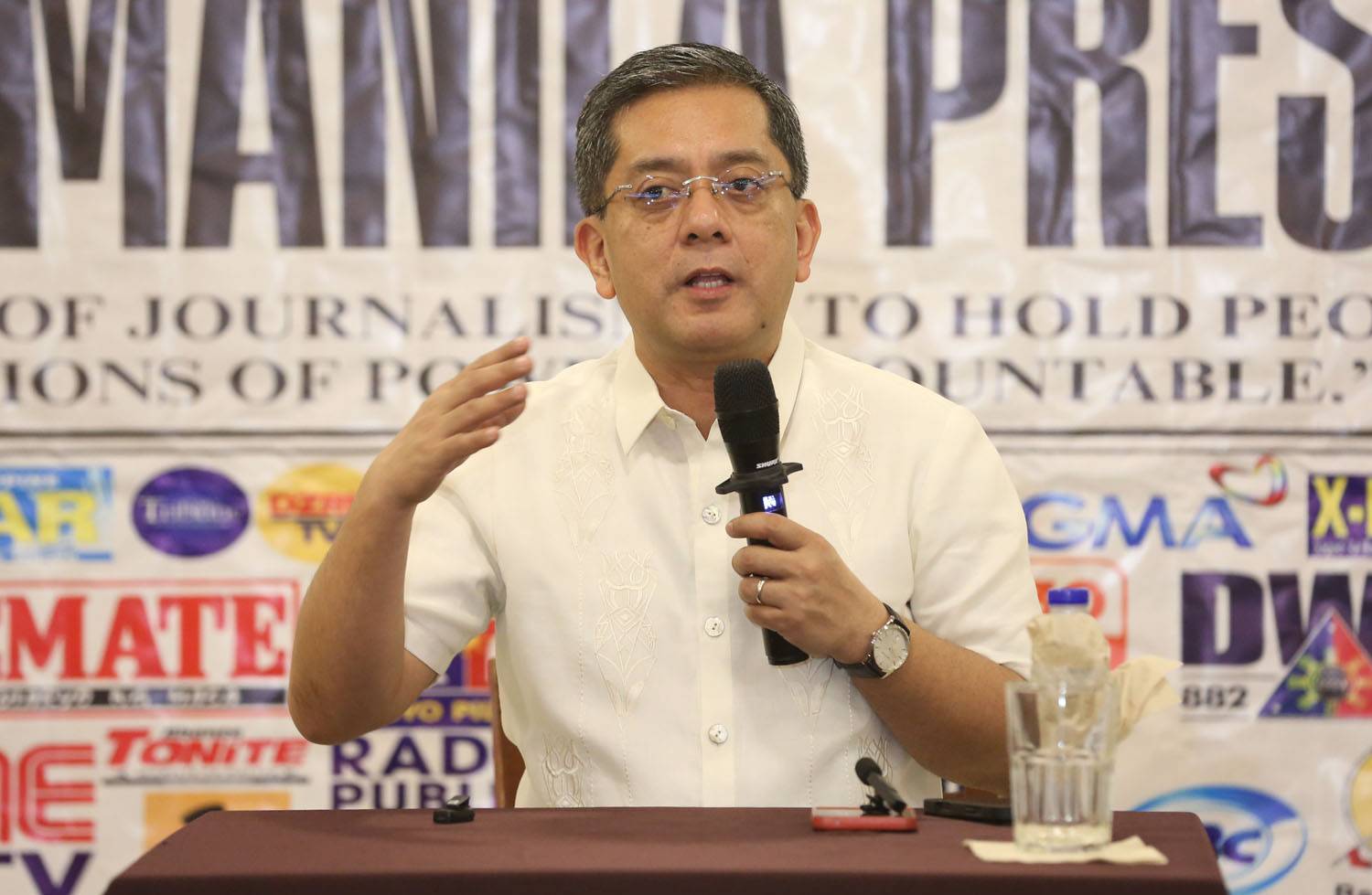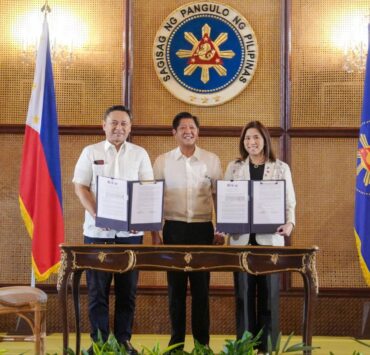Online voting for OFWs still on despite SC case

The Commission on Elections (Comelec) said on Thursday it will push through with preparations allowing Filipinos overseas to vote in the midterm elections via the internet although it will defer to the Supreme Court should it rule on a petition questioning online voting.
“Our preparations for internet voting continue. As of now, the Comelec will be proceeding with internet voting in 77 overseas posts,” Garcia told reporters in an interview.
“If the Supreme Court issues anything, the Comelec will accept it. We’re prepared,” he added.
Garcia said the poll body has been expecting such a petition since it issued a resolution two years ago, making internet voting one of the ways Filipinos abroad can cast their ballots. The two other modes are in-person and postal voting.
The petition filed by the Partido Demokratiko Pilipino-Lakas ng Bayan (PDP-Laban), some senatorial candidates, overseas Filipino workers (OFWs) and registered overseas voters, also on Thursday, seeks to nullify four Comelec resolutions for supposedly being unconstitutional and undermining electoral integrity.
In a 122-page petition for prohibition and mandamus, PDP-Laban, represented by its vice chair Alfonso Cusi, and other allies urged the high tribunal to issue an immediate temporary restraining order and injunction to prevent the poll body from implementing Resolution Nos. 11061, 11076, 11079 and 11081.
Comelec and the Department of Foreign Affairs were named as respondents.
New, unprecedented
In particular, the petitioners noted that the widespread adoption of electronic or online voting systems for overseas voters was only introduced for this year’s midterm elections through Comelec Resolution No. 11061.
They expressed concern that a “new and unprecedented electoral process” was being introduced without a law properly enacted by Congress.
“Thus, aside from the integrity of the voting process and the credibility of its results, what is also at stake here is the legality and legitimacy of the 2025 elections. If Comelec will not be stopped in implementing these illegal, unconstitutional, and ultra vires issuances, the nation would then be partaking in an illegitimate political exercise,” they said.
In response, Garcia told reporters that internet voting has been “warmly embraced” by overseas Filipinos and by embassy and consular staff who act as electoral boards during the monthlong voting period.
In case the Supreme Court issues an order stopping internet voting, Comelec can deploy automated counting machines (ACMs). It may either print new ballots or activate a feature in the ACMs so that these can print the ballots.
Low turnout
Garcia said that voter turnout in countries where in-person voting is the only mode for casting ballots is usually “very low.”
In the 2022 elections, only 40.59 percent or around 600,00 out of 1.967 million registered Filipino voters abroad were able to vote either in person or by sending their ballots through post. Comelec, Garcia said, spent about P600 million for the exercise.
He stressed that the poll body is authorized by Republic Act No. 10590, which amended RA 9189 or the Overseas Absentee Voting Act of 2003, to explore other modes or systems of automated election.
Garcia added that internet voting was “properly consulted” with and discussed with members of Congress, particularly with members of the electoral reforms committee and during budget hearings, with “no violent objections.”
Comelec requires overseas voters who want to cast their ballots via the internet to pre-enroll from March 20 to April 25. The voting period is from April 13 to May 12.
According to Garcia, more than 19,000 voters have already pre-enrolled as of Thursday.
Internet voting is allowed in countries and territories under the jurisdiction of 77 embassies, consulates, and the Manila Economic and Cultural Office and its extension offices, in the case of Taiwan.
Voting can be done using smartphones, computers and tablets.
Comelec statistics as of Jan. 3 showed 1,241,690 overseas voters, of whom 1,229,660 are land-based while the rest are sea-based. They can only vote for senators and one party list group.

















